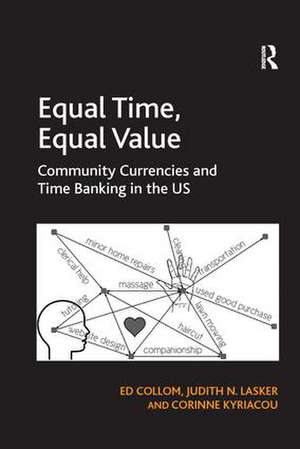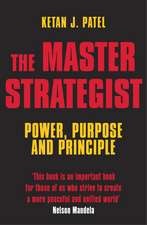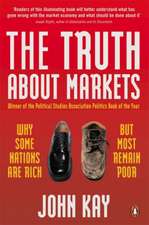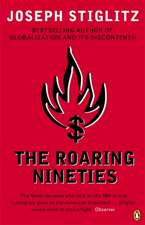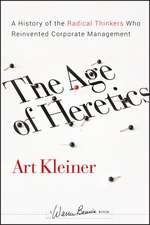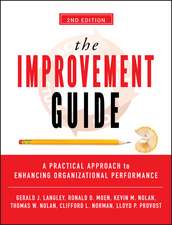Equal Time, Equal Value: Community Currencies and Time Banking in the US
Autor Ed Collom, Judith N. Laskeren Limba Engleză Paperback – 25 mai 2017
| Toate formatele și edițiile | Preț | Express |
|---|---|---|
| Paperback (1) | 416.22 lei 43-57 zile | |
| Taylor & Francis – 25 mai 2017 | 416.22 lei 43-57 zile | |
| Hardback (1) | 1057.89 lei 43-57 zile | |
| Taylor & Francis – 28 aug 2012 | 1057.89 lei 43-57 zile |
Preț: 416.22 lei
Nou
Puncte Express: 624
Preț estimativ în valută:
79.67€ • 86.57$ • 66.97£
79.67€ • 86.57$ • 66.97£
Carte tipărită la comandă
Livrare economică 21 aprilie-05 mai
Preluare comenzi: 021 569.72.76
Specificații
ISBN-13: 9781138109285
ISBN-10: 1138109282
Pagini: 224
Dimensiuni: 156 x 234 x 12 mm
Greutate: 0.45 kg
Ediția:1
Editura: Taylor & Francis
Colecția Routledge
Locul publicării:Oxford, United Kingdom
ISBN-10: 1138109282
Pagini: 224
Dimensiuni: 156 x 234 x 12 mm
Greutate: 0.45 kg
Ediția:1
Editura: Taylor & Francis
Colecția Routledge
Locul publicării:Oxford, United Kingdom
Notă biografică
Ed Collom is Associate Professor of Sociology at the University of Southern Maine, USA.
Judith N. Lasker is Chair and Distinguished Professor of Sociology at Lehigh University, USA.
Corinne Kyriacou is Assistant Professor of Community Health, Hofstra University, USA.
Judith N. Lasker is Chair and Distinguished Professor of Sociology at Lehigh University, USA.
Corinne Kyriacou is Assistant Professor of Community Health, Hofstra University, USA.
Cuprins
Chapter 1 Time Banks and the Community Currency Movement; Chapter 2 Time Banks: Variety in Organization and Development; Chapter 3 Why and Who: Motivations for Joining Time Banks and a Profile of Part Icipants; Chapter 4 Time Bank Organizations: Membership Size and Services Exchanged; Chapter 5 Time Bank Members: Part Icipation and its Determinants; Chapter 6 The Outcomes of Time Banking; Chapter 7 Conclusion: The Impact and Future of Time Banking;
Recenzii
'This comparative study of Time Banking offers lessons about ways we might collectively care for each other as austerity and recession diminish social services and labour market possibilities. The authors' findings concerning the limitations and contradictions within Time Banking are as fascinating and instructive as the evidence of successful community economic self-help that they also present.' - Mary-Beth Raddon, Brock University, Canada
'Equal Time, Equal Value gives a wealth of information and insight about an important but largely unknown social invention. We are compelled to re-examine taken- for-granted assumptions about human nature and potentials for social change. It is a timely report, given our urgent need for fresh understanding about how to remake lives in the midst of economic crisis.' - Richard Flacks, University of California, Santa Barbara, USA
'Equal Time, Equal Value gives a wealth of information and insight about an important but largely unknown social invention. We are compelled to re-examine taken- for-granted assumptions about human nature and potentials for social change. It is a timely report, given our urgent need for fresh understanding about how to remake lives in the midst of economic crisis.' - Richard Flacks, University of California, Santa Barbara, USA
Descriere
Drawing on detailed case studies and making use of a mix of qualitative and quantitative data, this book offers the first systematic investigation of Time Banking in the United States, exploring the most popular forms of 'community currencies', in which localized systems based on time or dollar equivalents act as the medium of exchange.
